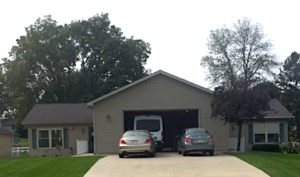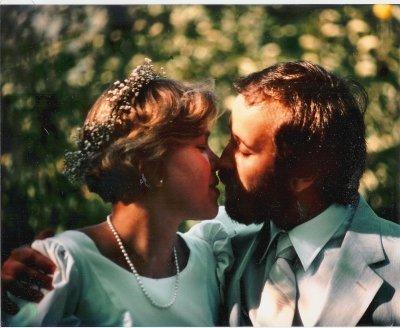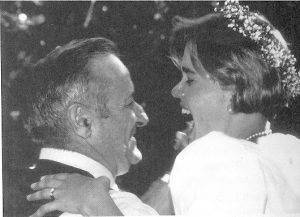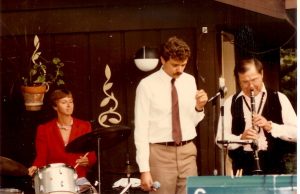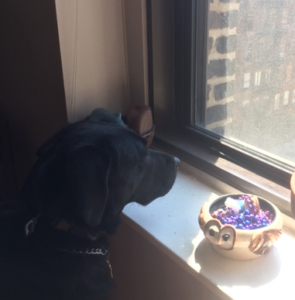Saturdays with Seniors: Aloha from Vera
November 14, 2020 • 4 Comments • Posted in guest blog, memoir writing, travel, writing prompts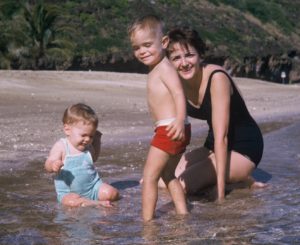
Today’s guest blogger Vera Dowell with sons Kevin and Scott on the beach in Kailua.
I am pleased to introduce Vera Dowell as our Saturdays with Seniors guest blogger today. America celebrated Veteran’s Day Wednesday, and the piece Vera read in class this week reminded us that military families deserve our thanks on Veterans Day, too. The prompt I’d assigned was “Exactly What I’d Hoped For,” and Vera’s essay was just that!
by Vera Dowell
When Duane opened his letter from the US Air Force and shouted, “We got Hawaii!” I squealed, we hugged, and (Duane claims) that brought on Kevin’s birth two days later.
In the spring of 1965, Duane had traveled to Washington, D.C. to request an overseas posting for his Air Force assignment as a pediatrician. He was told there were no possible openings for him overseas, but there was a place in Hawaii. “I won’t place a doctor there unless he requests it, though.” Duane wisely calculated that three years in Hawaii beat two years in Rantoul, Illinois. He quickly volunteered for the Hawaii assignment. “I can’t promise you anything,” the officer added.
I crossed my fingers, and we got exactly what we’d hoped for.
The planning began: farewell visits to our families, packing one group of belongings for delivery by ship, another that would travel with us, and a third for storage on the mainland. Our car needed to get from Illinois to San Francisco to be shipped to Honolulu. We agreed that Duane would drive it there by himself and I would fly there with the boys. An early morning flight seemed best for a three-month-old and a 21-month-old. Turns out businessmen liked early morning flights, too. Oh my god. What a startling preview to the year ahead of me, handling two small boys alone in an environment completely new to me.
We were lodged temporarily in a Waikiki motel filled with other military families. That was fun! Duane spent the day at work while I watched the children play and visited with wives to learn the ins and outs of military life. In the evening, the four of us walked over to the beach, picked up supper, and reveled in the perfect weather.
Our belongings had not yet arrived the day we moved into our Hawaii home: a rental in suburban Kailua, complete with a fenced-in back yard filled with tropical trees and flowers. Children’s toys, my books, dishes and kitchen supplies were among the missing, but we were assured they’d arrive soon. The next morning Duane drove off to Hickam Air Force Base, leaving me with two little boys. The beach wasn’t close enough to walk to. I knew no one. I began to feel sorry for myself. Here I was, in the most beautiful place in the country, with two healthy children. What was the matter with me?
We started frequenting a pleasant little park across the street when…KA-Boom!! The boys got the chicken pox. First Scott, then Kevin. That ruined a month. Our household goods still hadn’t arrived. I was going stir crazy.
This was not exactly what I had hoped for.
The boys recovered, and one morning at the park I met Carol, a League of Women Voters activist with three young children. A friend, a soul-mate and a lifesaver!
We bought a second car, our household goods arrived just before Christmas, and Hawaii evolved into exactly what we’d hoped for.
